On Wednesday the Romanian Government announced fresh measures aimed at reducing bureaucracy and passed a Strategy for public office development for the period 2016-2020. The Strategy resumes the principles and lines of action included in a more extensive strategy, namely the Strategy for the Consolidation of Public Administration for 2014-2020. The measures stipulated in this document are aimed at rendering central and local administration more effective, preventing corruption and reinstating citizens’ trust in the state institutions.
Deputy PM Vasile Dancu has said that a series of government orders aimed at cutting red tape in general and in the local administration in particular will be issued in a next few days. Also, measures have been taken to eliminate overregulations, which create the impression of corrupted administration. The general opinion at present is that there is excessive bureaucracy in Romania and that the administration has excessive powers. In spite of the fact that the Government has so far taken a series of measures to cut red tape, they still seem insufficient. According to Vasile Dancu, implementing the Strategy for public office development is essential for the modernization of the Romanian state.
According to the Deputy PM, the Government has started “from the fact that the Romanian state has always been going through crises periods in sectors like education or health, crises that are directly linked to the relation with the citizens. Therefore a modernization of the state is needed, to reinstate people’s trust in the state institutions. There is a high stake here, as where there is insufficient trust in the Romanian state, democracy is at risk.”
The Government strategy does not include any redundancies before thorough analyses so as not to repeat mistakes of the past when a series of austerity measures were implemented, which generated administrative dysfunctions. As for the salary level, the Romanian public administration is believed not to have a decent one. The new strategy, however, gives institution managers the power to grant a part of the salary based on efficiency. The Government also wants to reskill public servants and is now assessing the idea of a single national exam for the people willing to work in public institutions.
As regards the ethics of integrity and preventing corruption in administration, the document provides for a decrease by at least 30% in the total number of integrity incidents by 2020. Rendering transparent the information of public interest, in sectors like public procurement and investment in particular is also stipulated in the Strategy. Moreover, the role and mandate of the National Union of Civil Servants will be clarified and a national IT system will be rendered operational by the end of next year to show the occupancy rate in public administration for all categories of jobs.

